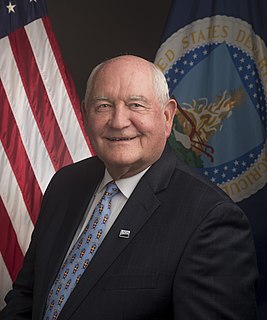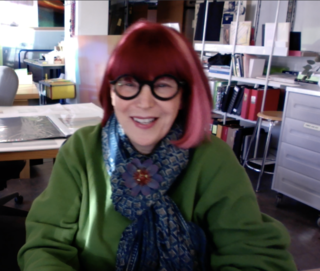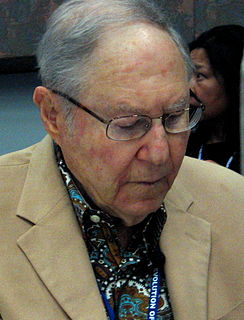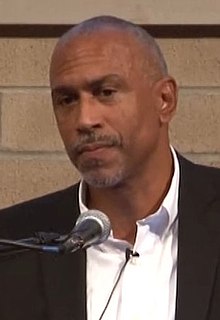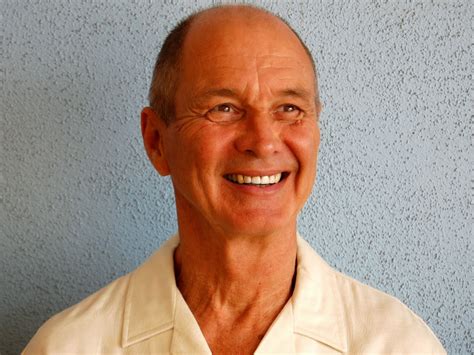A Quote by David Brooks
The point of being a teacher is to do more than impart facts, it's to shape the way students perceive the world, to help a student absorb the rules of a discipline. The teachers who do that get remembered.
Related Quotes
Differentiated Instruction is a teaching philosophy based on the premise that teachers should adapt instruction to student differences. Rather than marching students through the curriculum lockstep, teachers should modify their instruction to meet students' varying readiness levels, learning preferences, and interests. Therefore, the teacher proactively plans a variety of ways to 'get it' and express learning.
We need more concept-development and active involvement, less tuning forks, pulleys, and friction formulas - students know they'll never use those. They need more study of outer space and DNA. They need more exciting teaching, more fair-minded encouragement, more career guidance, more mentorship. Both students and teachers need more feedback. It would help if we stopped protecting bad teachers - It's very difficult to get rid of even sexual perverts let alone just bad teachers.
We know that African American students tend to be relational learners. It's about the relationships between a teacher and student. Students respond well to teachers they know, believe in them, care about them, but also who teach in a matter that elicits a more active approach to learning, rather than just sitting and listening. The research on this is strong and has been available for a long time, but it is not widely practiced. That's a huge obstacle.


